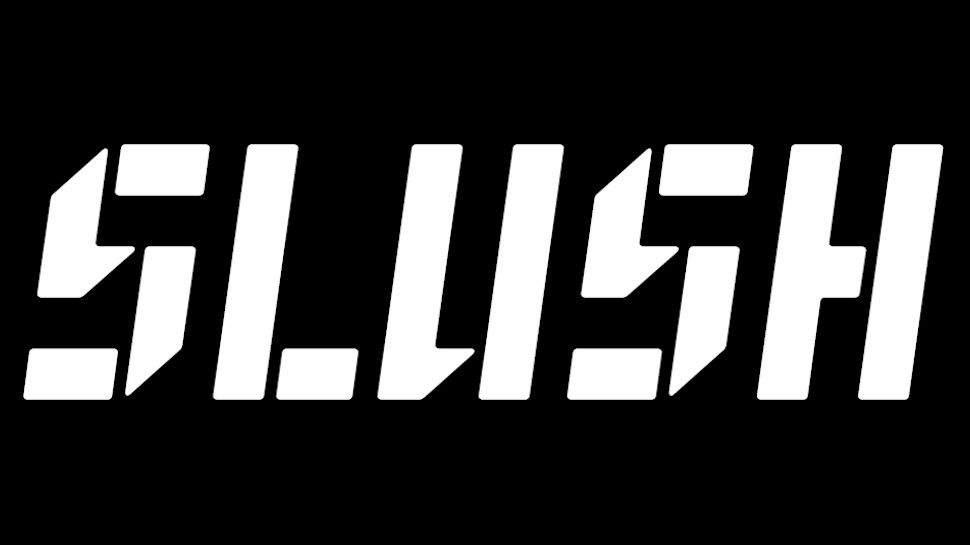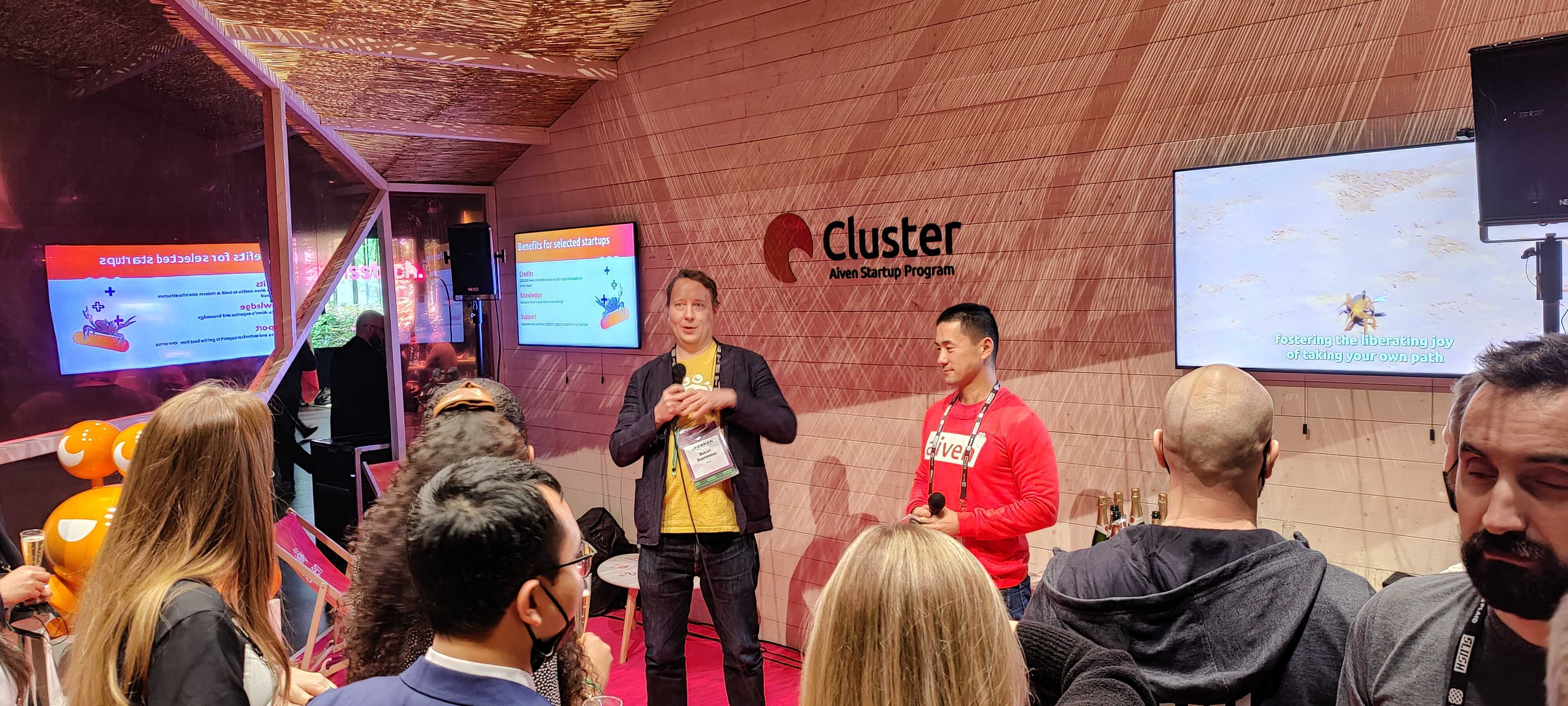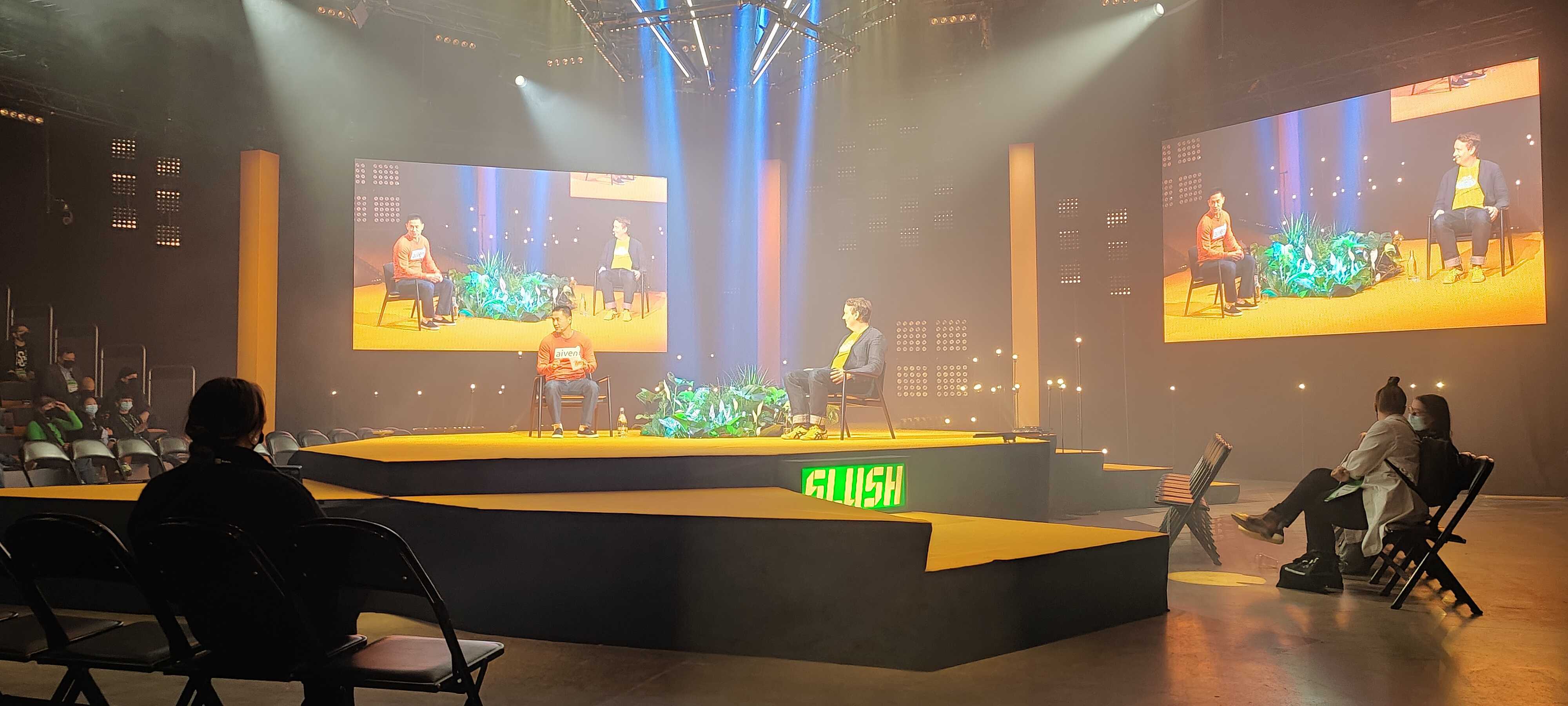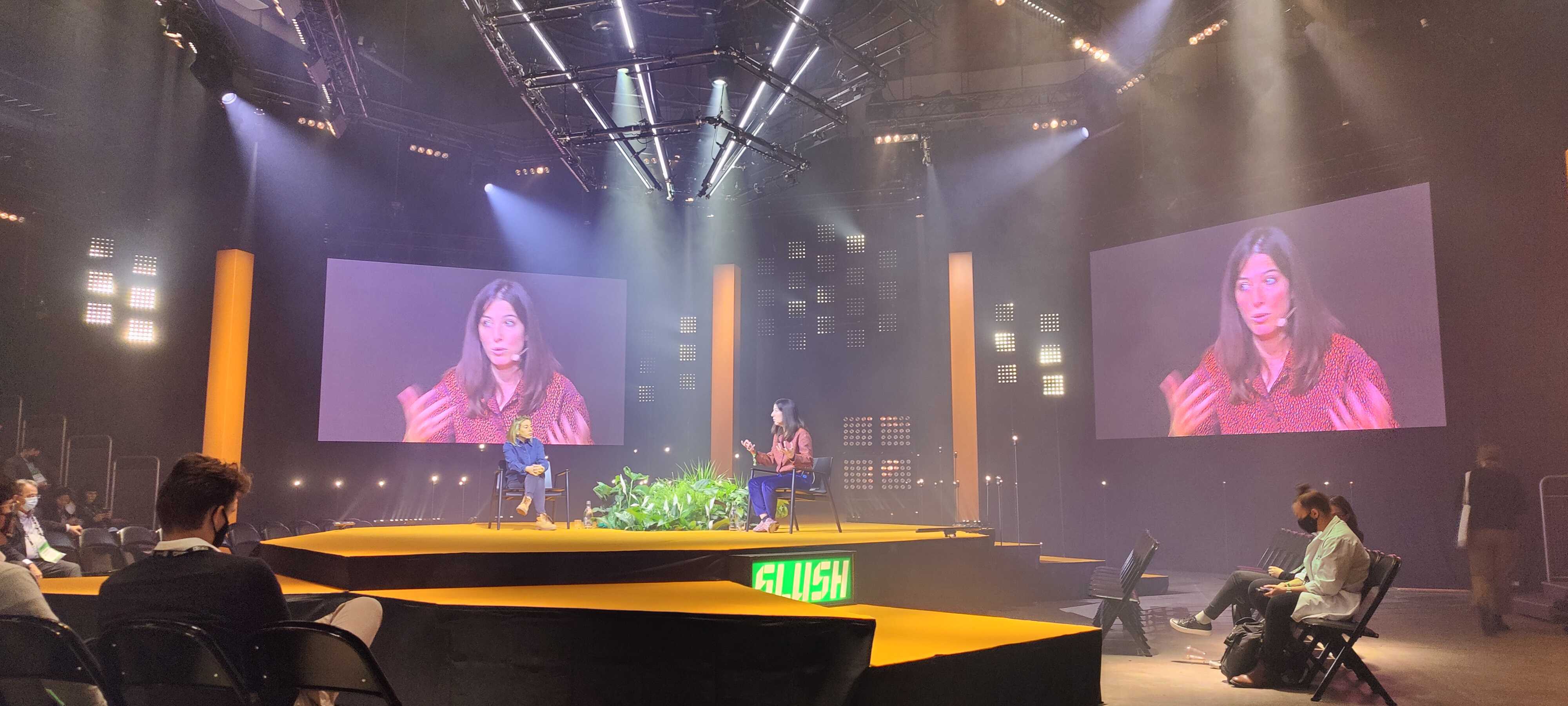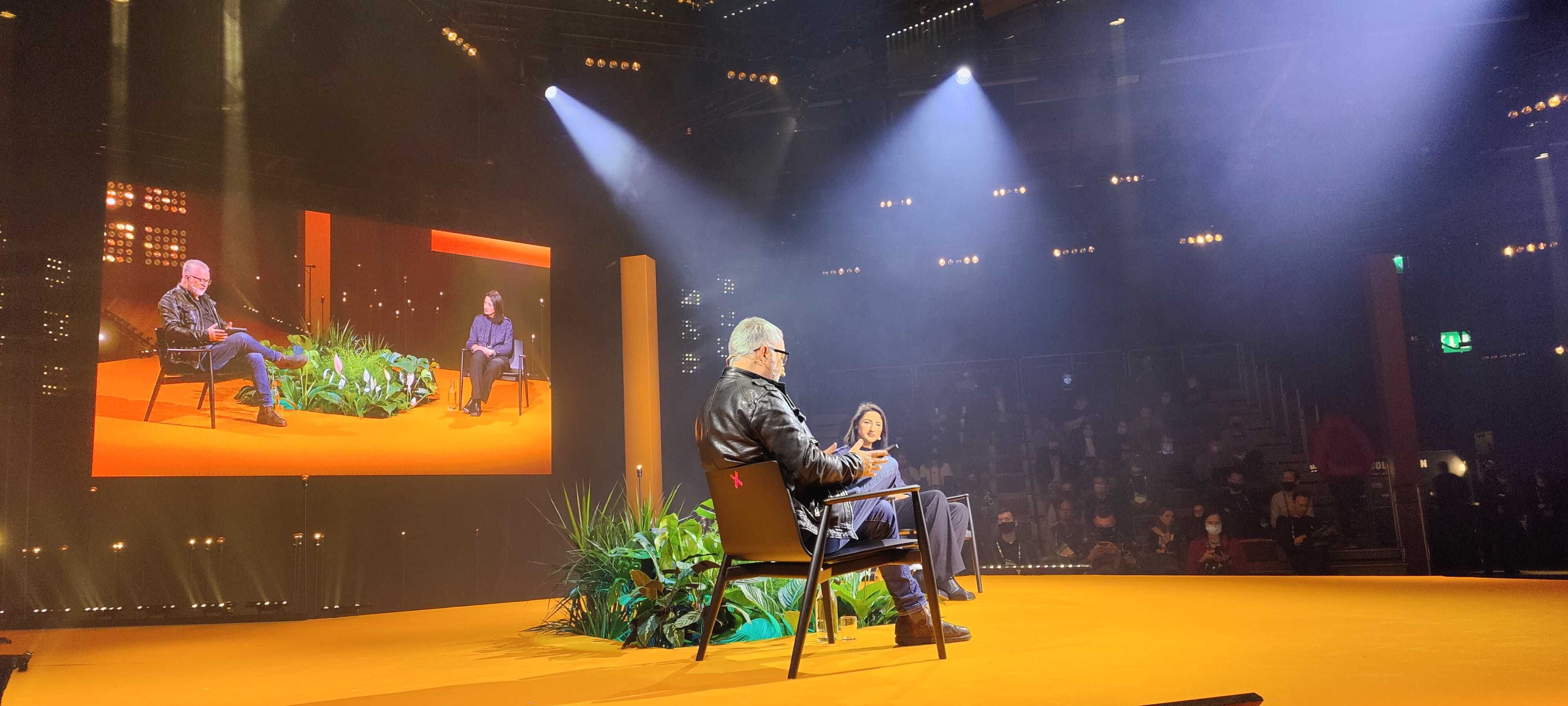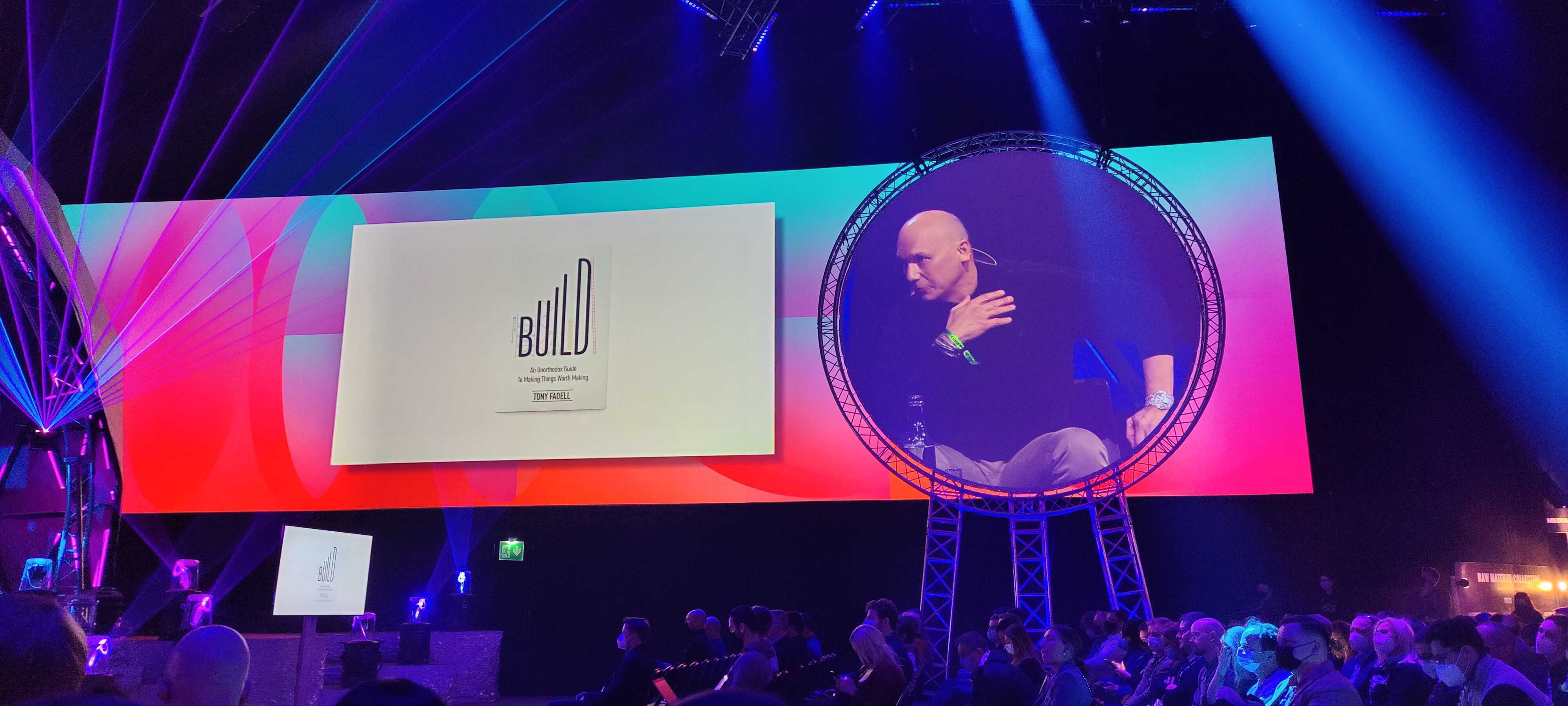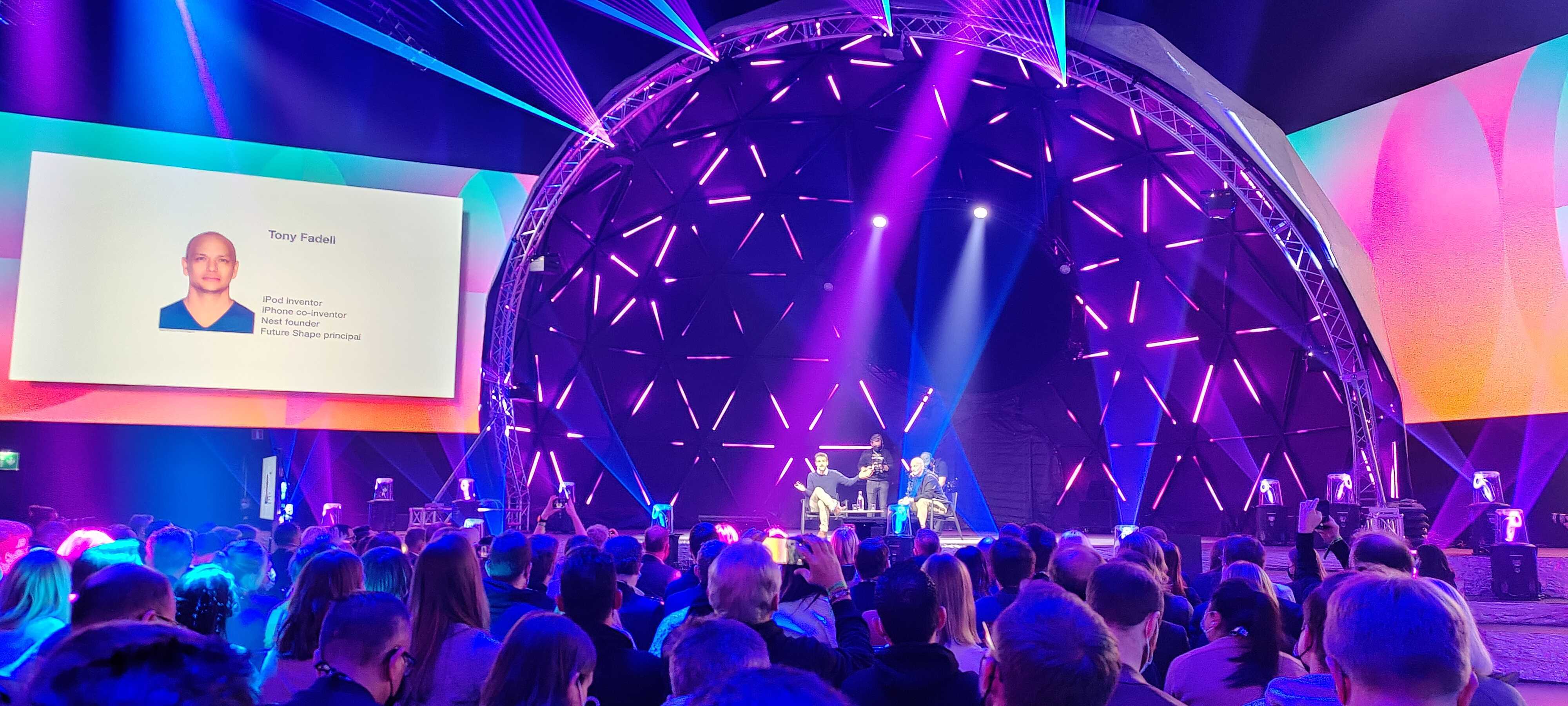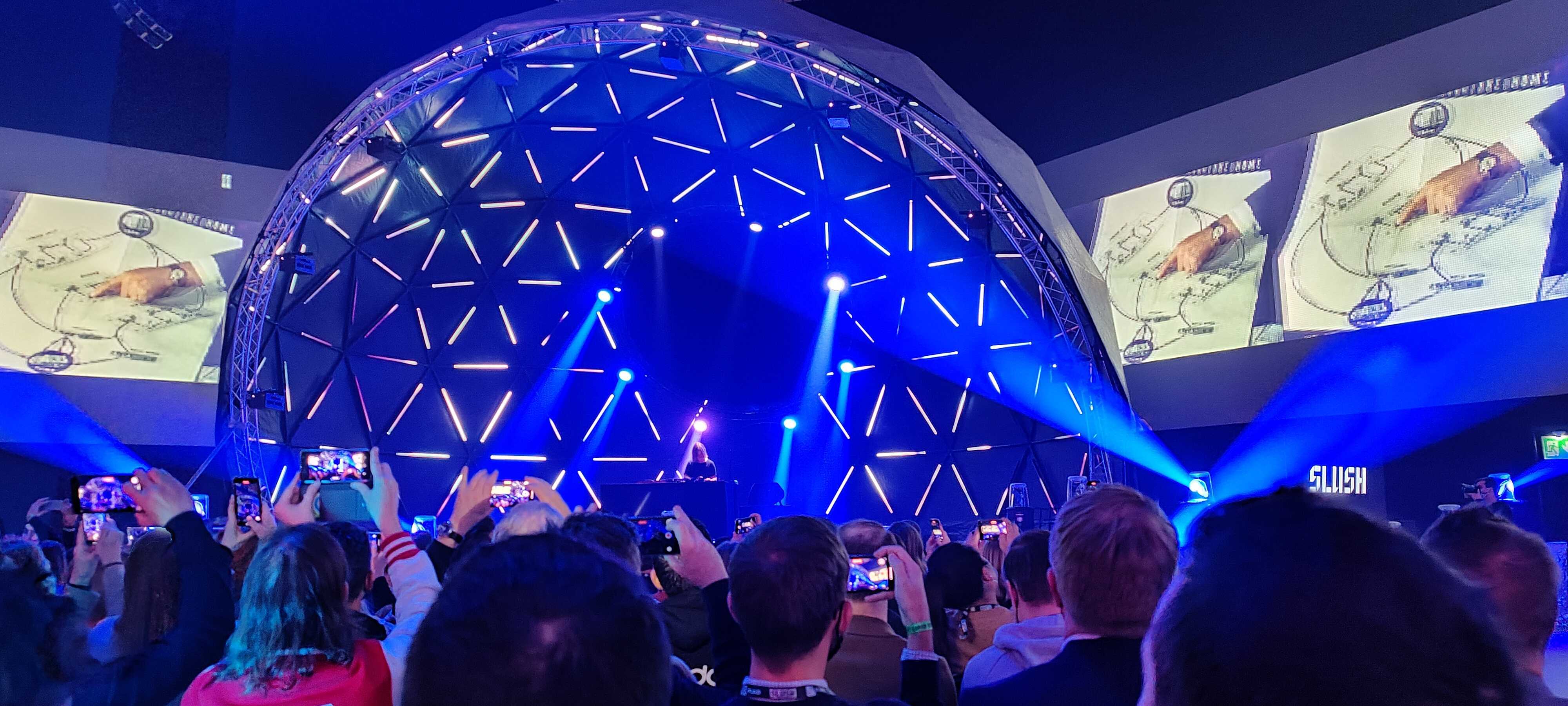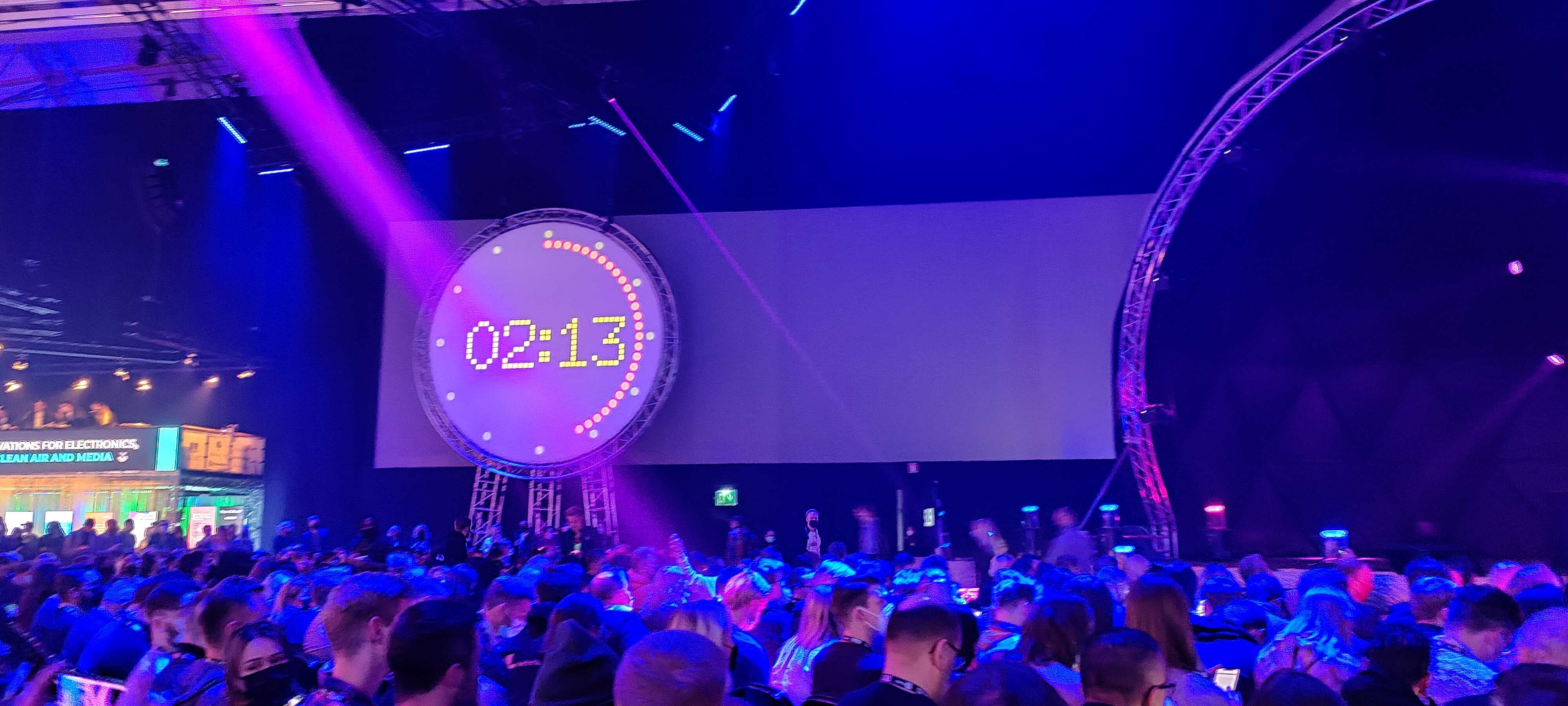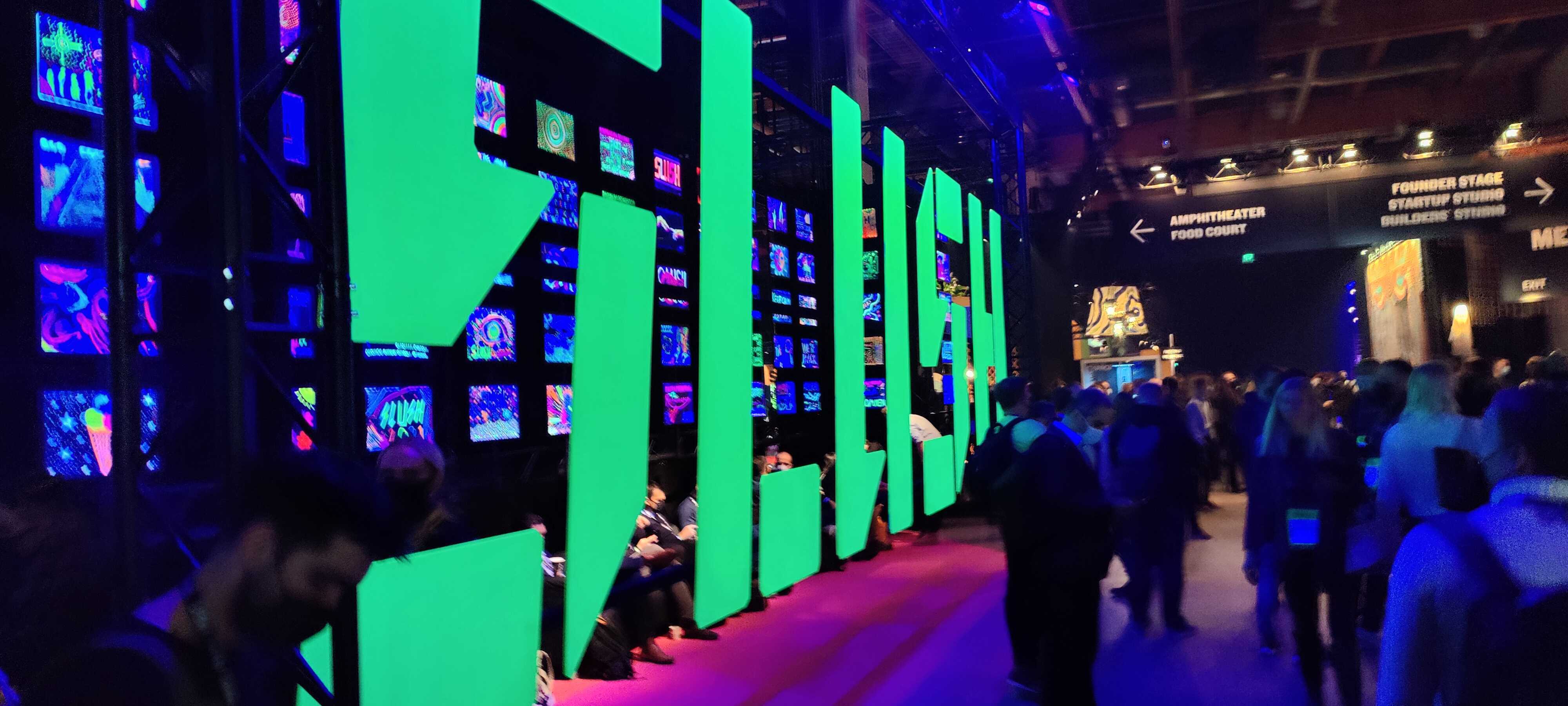Refresh
TechRadar Pro is taking a break now for a couple of interviews (and a much-needed coffee), but will be back shortly with more.
At Slush, Aiven is launching its very own startup program: Cluster. The idea is to give back to a community from which the company has benefited greatly over the years.
The program will offer early-stage startups access to $100,000-worth of Aiven credits per year, says Saarenmaa. Applications are open now and the first cohort will be announced next year.
Saarenmaa explains he set out to build something for a universal audience, not just a pool of businesses in Finland.
“There are 30 million developers out there; that’s a big audience you can provide great tools to. First, we thought we were a database company, but realized later that really we were a developer tools company.”
“All good ideas look like bad ideas until they are started. There were a lot of people that didn’t get our product, but we remained focused on what we could do that would be best for our customers.”
On the first customer Aiven attracted, after advertising its product on Twitter: a trucking company from Mexico.
“We realized that all companies are becoming software companies. Even this trucking firm needed to apply these kinds of technologies, so it could focus on the core parts of its business.”
Oskari Saarenmaa, CEO and co-founder of Aiven, is in conversation with Eric Liaw, who sits on the Aiven board and whose VC firm (IVP) co-led the recent investment round.
“We wanted to build something that makes developers lives easier; so they can focus on building applications, as opposed to fighting with infrastructure,” says Saarenmaa.
After a break for lunch, we’re heading to the Ampitheatre stage to hear from another Finnish unicorn: Aiven.
The open source data cloud provider has grown rapidly since launch in 2016, recently raising a $60m Series C that valued the firm at $2 billion.
Kussi speaks about the challenges of leading a tech startup that’s undergoing significant and rapid growth.
“I’m having to make decisions every day that I don’t have the necessary knowledge or experience to make,” he says. “For example, how do I know what makes a great growth-stage CFO?”
“So it’s about learning about the things you don’t know and slowly building a picture of what excellence looks like.”
Kuusi also says it’s worthwhile to codify company culture in writing. It’s a difficult exercise, but it helps lay all-important foundations for growth.
On lessons learned the hard way, Tony Xu of DoorDash says it’s important to consider factors that might be outside of your control and bake that level of caution into the way you operate.
By nature, many entrepreneurs are willing to throw caution to the wind. But sometimes this comes back to bite them.
“Attitude has a funny way of trumping experience. Being optimistic about problems and trying to learn tends to go a long way,” says Miki Kuusi, Wolt CEO.
Many startups make the mistake of hunting for ready-made talent, but sometimes it’s about driving growth with people who are eager to do something with you for the first time, he says.
We’re back to the main stage for a panel with food delivery company Wolt, one of the latest Finnish unicorns. Last month, the company was snapped up for $7 billion by US on-demand delivery firm DoorDash.
On greenwashing: “Many people try to cut corners, or tell an untruthful story, when it comes to sustainability,” says Jordanova.
“Sustainability is really a journey. We need to start thinking about small steps we can take today, rather than what we need to do by 2030 and beyond. Greenwashing does nothing to help with this process.”
In terms of practical advice startups can take to reduce emissions, Jordanova says companies should use any of the open source emissions calculators out there to get a general sense of their impact.
Secondly, it’s about recruiting stakeholders (employees, customers, partners etc.) to cut back on emission-intensive practices in their own lives. And finally, she says businesses should address any internal policies/ways of working that might produce unnecessary emissions (e.g. excessive travel).
“Missing data is one of the biggest challenges companies face,” says Jordanova, of the difficulties in tracking carbon emissions.
The Plan A platform is designed to make this process easier, by centralizing data pulled in from disparate ERP and other business systems.
Next up, a topic close to Finnish hearts – sustainability and the fight to reach net zero.
Lubomila Jordanova of Plan A, a company that focuses on carbon accounting, is in conversation with Mike Butcher of TechCrunch.
It’s revealed that Fadell has been working on a secret product, that he’s announcing today at Slush.
“Over the years, working with all these entrepreneurs, I realized something: the only reason I’m on this stage is because someone helped me to get there – mentored and believed in me.”
“But a lot of my mentors have died. That baton of mentorship has been passed from them to me. The only way I can give back is to give back to the community.
His new product: Build, “an unorthodox guide to making things worth making”. Available in May 2022, the book aims to help entrepreneurs take the big leaps necessary to bring about dramatic change.
Fadell takes a moment to slam the metaverse trend…
“We’re interested in companies that will make a real difference.”
Although Fadell is best known for the iPod and Nest, the smart thermostat, he’s now working on a different venture, called Future Shape.
It’s his own venture fund, investing in “deep tech” companies that are tackling difficult problems that most VCs won’t touch until it becomes more mainstream.
The fund has 200+ statups in its portfolio, including an early investment in Impossible, the company behind the popular range of meat-free burgers.
Fadell is here to talk about how to set about building iconic products:
“It’s vital to understand what people need, or will need. You’ve got to make sure you’re solving a problem that people are starting to have,” he says.
“Sometimes, we were two decades early. But that’s no good, people need to understand the problems you’re trying to solve.”
His advice is to stop trying to create something that impresses the engineers and tech geeks. “It needs to give super powers to every person.”
Next up: Tony Fadell, inventor of the iPod and Nest founder. He’s in conversation with Michael Stothard, editor of Sifted.
The President, CEO and CEO of Slush have taken to the stage for a quick introduction to the show.
“While the past two years have taught us to collab remotely, the need for human communication has not diminished,” says Miika Huttunen, CEO.
This is especially true of startups, he says, before thanking all the organizers and companies that came together to make the in-person event possible again this year.
Well, that’s unexpected. We’re treated to a quick DJ set to kick off Slush 2021.
T-minus two minutes until the opening show begins. The arena is packed out; TechRadar Pro had to wrestle for a seat near the back.
Messukeskus, the Helsinki convention center, is certainly kitted out for the occasion. If only we could see where we’re going…
In 20 minutes’ time, Slush President Mikko Mäntylä takes the stage to kick off the opening show, followed by a session on “Building iconic products” with Tony Fadell, inventor of the iPod and Nest founder.
Credit: Source link


